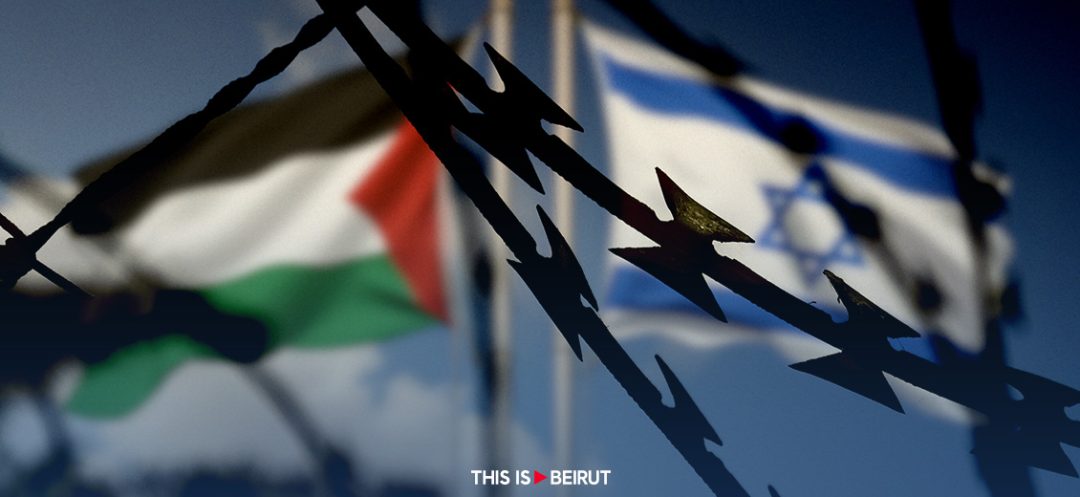Listen to the article
The raging Gaza war has now entered its second month, which has prompted Washington to actively seek de-escalation as a preliminary step towards settlement after having strongly supported Tel Aviv in its military actions against Palestinians during the first week of combat, providing weapons and equipment and even threatening to use its fleets.
However, realizing the futility of the war and its negative repercussions on all parties, including themselves personally, US President Joe Biden dispatched his Secretary of State Antony Blinken to Israel for the third time since the outbreak of war. Their goal is to promote a humanitarian ceasefire, as urged by the international community and Arab countries.
As the conflict enters its second month, Israel has split Gaza’s northern and southern areas, initiated tunnel demolitions, and engaged in street-level confrontations. However, this is time-consuming, and the Biden administration cannot wait for Netanyahu to attain victory. The US President is aspiring to establish a truce before the upcoming Arab summit in Saudi Arabia on November 11, in line with the Arab call for a ceasefire.
Before this and ahead of negotiations among those aiming to achieve a comprehensive settlement and conclude a peace initiative in accordance with international resolutions, Hezbollah Secretary General Hassan Nasrallah made an appearance that had been eagerly awaited both locally and internationally in which he sided with those wishing to contain the confrontation. Furthermore, he emphasized that Hamas alone had orchestrated and executed the Al-Aqsa Flood operation without previously notifying any party of the zero-hour, be it Iran, Hezbollah or any faction within the obstructionist axis. Nasrallah reaffirmed that the role of the party primarily involved providing support.
According to Western diplomatic sources, “Nasrallah’s stances have ended the notion of unity of the obstructionist axis fronts.” The silence from Syria and the lack of rush of the axis forces prove that.
Furthermore, Nasrallah intended in his stances to disengage his party and Iran from direct involvement in the battle and from bearing the costs of negotiations. By neutralizing his party and Iran, he bolsters the negotiating role of the latter and accelerates the scheduling of a US-Iranian meeting to discuss relations and the nuclear dossier. This was prompted by the revelations made by a former security official about a “collective Arab position” rejecting Iran’s inclusion in negotiations over Gaza and depriving it of any role in Arab dossiers.
It is noteworthy that Arab matters, especially the Palestinian “primary cause” are, first and foremost, the responsibility of the Arab world. As expressed by an Arab official, “Iran must stop ‘exploiting’ the Palestinian dossier and Arab matters in an attempt to guarantee its place at the negotiation table in the region.”
Except for Iran, the group of Arab countries including Yemen, Iraq, Syria and Lebanon refuses any role for Iran. Consequently, most Arab countries have distanced themselves from the states aligned with the obstructionist axis. This is manifested in Lebanon’s relationships with its Arab neighbors. Lebanon, which previously held a distinctive and unparalleled status, has now lost that standing as it is abandoned by its Arab neighbors. It is unable to elect a new president or appoint a new army commander, as General Joseph Aoun is set to leave his post on January 10.
Analyzing Secretary Blinken’s endeavor and objectives of ensuring a cessation of the military operations in Gaza before the upcoming Arab summit in Saudi Arabia scheduled for November 11, and taking diplomatic sources into account, Washington strives to enable summit participants to craft a roadmap for resolving the Arab-Israeli conflict. This roadmap would be built on a foundation of adherence to international resolutions calling for a two-state solution, despite Prime Minister Netanyahu’s unwavering opposition to the establishment of an independent Palestinian State with Jerusalem as its capital.
Announcing a humanitarian truce constitutes an initial milestone on the path toward a settlement that may necessitate the formation of a national coalition government within Israel, thereby sidelining Netanyahu from power and subjecting him to legal action, as per Israeli sources. This arises after the opposition held Netanyahu accountable for what Israel has faced in exchange for the establishment of a new Palestinian authority.
According to Western diplomatic sources, “The ongoing peace initiative is based on the establishment of a disarmed Middle East, with arms placed under legitimate authority, and ending the role of armed organizations in a region rich in gas and fuel, extending from Egypt to Greece.”
The presence of naval fleets, aircraft carriers and military vessels in the Mediterranean aims to safeguard a broader settlement and a comprehensive and equitable peace. The unfolding events in Gaza represent the beginning and serve as a model.





